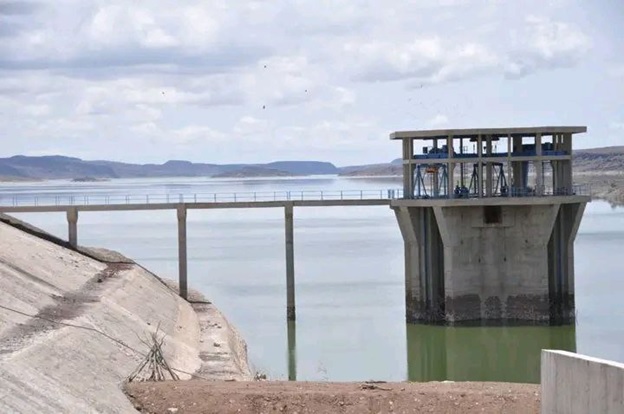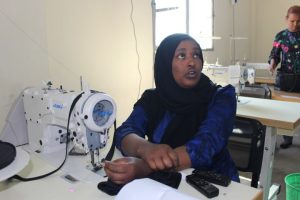
ADDIS ABABA – Ethiopia’s growing focus on irrigation development, backed by legal and structural reforms, is becoming instrumental in promoting commercial agriculture and addressing food insecurity. The establishment of the Ministry of Irrigation marks a critical step in the government’s strategy to enhance agricultural productivity, achieve food sovereignty, and position agriculture as a pillar of economic growth.
Over the past few years, the government has initiated more than 12 national irrigation projects, including high-priority sites in Oromia, Amhara, and Sidama states-Taba, Balchut, and Gidabo. These projects, part of the Productivity Enhancement Support for Integrated Agro-Industrial Parks and Youth Employment (PESAPYE) program, aim to irrigate 12,607 hectares of land, benefiting over 30,000 people.
“The projects will not only boost food production but also create jobs, providing opportunities for 3,000 graduates and 20,000 semi-skilled workers,” said Abraham Belay (PhD), Minister of Irrigation and Lowlands. He added that the establishment of 250 small and medium enterprises (SMEs) linked to these projects will further stimulate economic activity. Additionally, approximately 100,000 hectares of river basins will be reforested, promoting environmental sustainability alongside agricultural development.
The irrigation projects also serve to strengthen Ethiopia’s agro-industrial sector, which relies on a steady supply of agricultural inputs. “By connecting irrigation infrastructure with agro-industrial parks, Ethiopia is transitioning to a commercial agricultural model that supports value-added industries,” Abraham noted. This shift aims to replace subsistence farming with modern, technology-driven practices, making agriculture more sustainable and profitable.
Agriculture Minister Girma Amentie (PhD) emphasized that the adoption of modern irrigation technology and precision farming techniques will allow farmers to cultivate larger areas efficiently.
“A farmer managing 50 hectares with advanced irrigation tools is no longer a small-scale operator but part of a medium-sized enterprise, contributing to a competitive and self-sufficient agricultural economy,” Girma remarked.
The ambitious irrigation agenda has attracted substantial international support, with financial backing from the African Development Bank and the World Bank for projects in Taba, Balchut, and Gidabo. However, challenges remain. Finance State Minister SemeretaSewasew highlighted that, while the government is heavily investing in these projects, financing constraints require careful budget management to ensure their completion.
Amhara State Deputy Chief Administrator, Abdu Hussein (PhD), acknowledged additional challenges, such as extended project timelines, cost overruns, and security concerns that have slowed resource mobilization. Moreover, youth involvement in managing irrigation enterprises has been limited due to organizational and training gaps.
Despite these obstacles, officials are optimistic about the future. Abraham expressed confidence that the ongoing initiatives, supported by international partners and local resources, will transform Ethiopia’s agricultural sector in the long term. The government is prioritizing skilled labor development, technology integration, and collaboration between financial institutions and farmers to build a sustainable agricultural economy.
In the long run, these irrigation projects are expected to play a crucial role in achieving Ethiopia’s food sovereignty goals. By expanding irrigation capacity and supporting agro-industrial development, Ethiopia is laying the foundation for a resilient, commercially viable agricultural system capable of meeting its food security needs and driving economic growth.
BY YESUF ENDRIS
THE ETHIOPIAN HERALD TUESDAY 29 OCTOBER 2024





